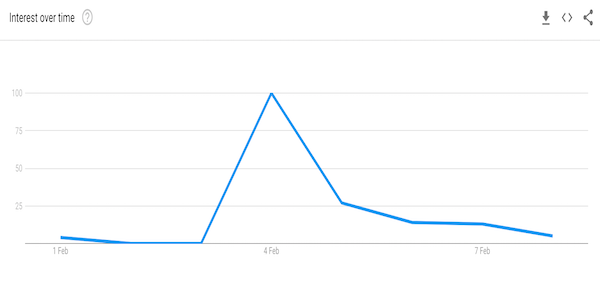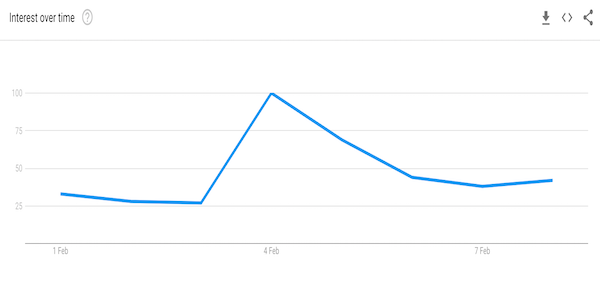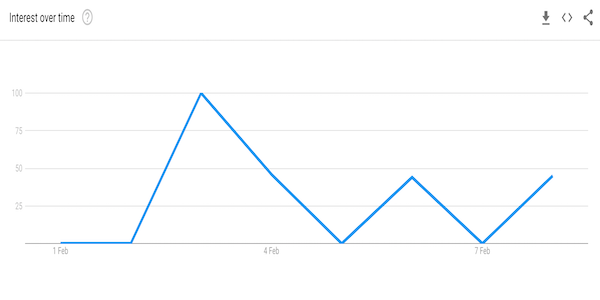You should upgrade or use an alternative browser.
Comping And The Martin Lewis Effect
- Start date
-
- Site or Brand Name Tag
- compers in the news

Comping took the spotlight last week when it featured in a segment on the Martin Lewis Money Show. The segment featured a couple who had been challenged to take up comping. In addition it also featured a comper called Barbara who had won £75,000 worth of prizes. The piece was quite balanced with plenty of suggestion that entering competitions wasn't necessarily a good money making exercise. There was also some advice dished out - some good such as having a comping mobile - and some questionable such as a gender neutral email address.
Should Email Address Effect Winning?
From an entering competitions perspective, having a gender neutral email address probably sounds like good advice. However it does raise the question why would your email address matter in a fairly managed prize draw? The simple answer is that it should have no effect and if it does have an effect (i.e. a promoter decides not to pick mrslovemuffin at hotmail) then that is a serious issue. Not because of the ropey email address but because the prize draw result is being influenced by an outside event. We raised this on Twitter with a well known comping expert but had no reply. Anyway, when comping hits the mainstream it causes a few waves within the comping fraternity. After all a news article or media piece on comping does generate an interest in the hobby. More compers isn't always a good thing because it means more folks trying to win the already tough to win prizes. There's no doubt that we had a spike of interest on the Monday and Tuesday following the programme. Comparatively we don't rank as well as our competitors so we'd anticipate that they, plus various Facebook groups, also saw increased activity.Comping
But can we see this graphically. Well maybe! We decided to look at Google Trends for various comping terms. The graph below shows the trend for searches on Google for the term "comping". As you can see on the day of the programme interest in comping peaked. This is assigned "100" by Google and everything either side is relative to that interest. So basically there was little interest in comping before 4th February and interest started to die off quite quickly following it.
Competitions
A similar trend can be spotted for competitions. They reach peak popularity on the day of Martin's show, but interestingly the graph hasn't fallen back to the pre-show levels. This maybe because competitions is a better search term and because a number of tabloids covered comping & competitions in an article the day after the show.
MSE Competitions
Things look incredibly different when the trend is for "mse competitions". As with the above it reaches it's peak on the day of The Martin Lewis Money Show. But then it drops off on one day, bumps up again, then drops off, then goes up. We're not quite sure why this is but do wonder whether it coincides with a newsletter or social media post from MSE?
650% Increase
Whilst all these graphs are pretty what do they actually mean in real numbers. Well that's the thing - we don't know! It'd be nice to say it meant 10,000 people were searching for comping on the 4th February instead of 1000. However Google Trends does give us some data that may help. For example it reports that searches for "competitions online" were up by an incredible 650%. That's a lot of new would be compers! No wonder regulars don't like media coverage of their hobby. What we can conclude from this is that whilst the TV show has had a huge impact with regards to interest in comping, anything subsequent to that has had little effect. By "anything subsequent" we mean the media coverage from the likes of The Sun, Daily Star and The Mirror. However, it should be noted that this is only with respect to UK searches on Google and doesn't account for direct traffic, clickthroughs to websites etc.A Wave Of New Compers
So Martin's piece on comping did create a wave of interest in the subject. Therefore regular compers are right to be concerned that new folks will be looking to win those lovely prizes. However, interest in sticking with comping is a bit like the graphs above. There's an initial burst of interest before things rapidly settle back down to where they were. And if you look around there's still a lot of competitions with low entries - like this Valentine's Facebook competition from Hallmark - just 18 entries since the 9th February (at time of writing).Comping And The Martin Lewis Effect Discussion
We're keen to hear your views on Comping And The Martin Lewis Effect. Join in the conversation below and share your experiences. You'll need to be registered with Loquax AND have made an initial hello post here to comment. Please note that comments may be moderated and may not always reflect the views of Loquax Ltd.
Related Articles
 Jackson Jackpot Closes Down
Jackson Jackpot Closes Down
 What Is The Elite Club At Elite Competitions?
What Is The Elite Club At Elite Competitions?
 Be On A TV Quiz Or Game Show
Be On A TV Quiz Or Game Show

